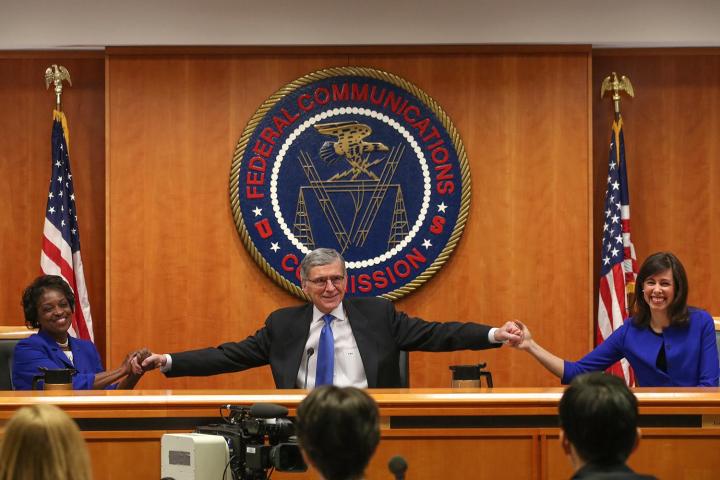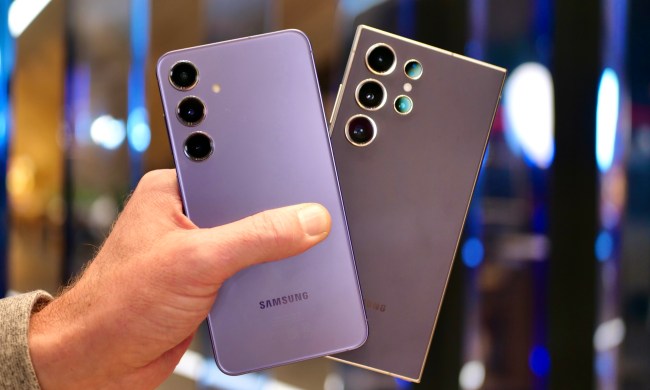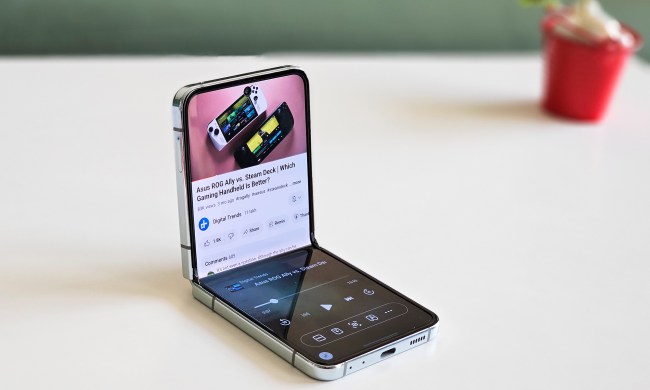
Net neutrality, for the uninitiated, is the principle that broadband providers should treat all content, sites, and platforms equally in terms of traffic. Columbia University law professor Tim Wu, who’s credited with coining the term, compares the idea to an electric grid. “The electric grid does not care if you plug in a toaster, an iron, or a computer … [It’s] a model of a neutral, innovation-driving network.”
In 2015, the FCC reclassified broadband providers as so-called “Title II” common carriers, or services bound to “act in the public interest.” That includes ensuring that they can’t make any “unjust” or “unreasonable” charges, for one, or introduce any regulations that would actively suppress competing services.
Carriers like AT&T and Verizon have attempted to sidestep those rules with so-called “zero-rating,” a policy that exempts certain applications and services from counting against subscribers’ data plans. Zero-rated music streaming doesn’t contribute to your overall data bucket, for example, and neither do video services.
AT&T began zero-rating its DirecTV on-demand and live-streaming mobile app in September and plans to do the same for its forthcoming DirecTV Now streaming service when it launches later in December. Verizon currently waives data charges for National Football League games, its Go90 video platform, and other participants affiliated with its FreeBee Data 360 program.
The FCC’s net neutrality rules do not expressly prohibit zero-rating, but the agency evaluates implementations on a case-by-case basis to determine whether they “hinder competition.” It found that AT&T and Verizon’s programs did. “[We have] reached the preliminary conclusion that these practices inhibit competition, harm consumers, and interfere with the ‘virtuous cycle’ needed to assure the continuing benefits of the open internet,” John Wilkins, head of the FCC’s wireless division, wrote in Thursday’s letter. “It would [be] very difficult, if not infeasible, to offer a competitively priced service.”
AT&T and Verizon beg to differ.
“We will provide the FCC with additional information on why the government should not take away a service that saves customers money,” AT&T said Friday. A spokesperson for Verizon said that the carrier remains “quite confident that [its] practices are good for consumers, non-discriminatory, and are consistent with current rules.”
Both carriers contend they provide competitors like Netflix, YouTube, and others a means to the same zero-rated status as their first-party services. AT&T exempts streaming services from subscribers’ data caps on a metered basis, charging roughly $16 a month for each customer who uses 10 minutes of streaming video a day, and charges up to $47 a month for customers who use 30 minutes a day. But the FCC argues that the policy is discriminatory, especially toward smaller startups which that might not be able to swallow the cost.
“[The program] strongly favors AT&T’s own video offerings while unreasonably discriminating against unaffiliated edge providers and limiting their ability to offer competing video services to AT&T’s broadband subscribers on a level playing field,” Wilkins wrote.
The FCC requested responses from both carriers by December 15, and on Friday, December 16, the Commission received those responses.
With regard to the FCC’s inquiries regarding DirecTV, AT&T continued to insist that the feature is just a perk, and not anti-competitive. “Although the [FCC Wireless Bureau] implicitly concedes that Data Free TV offers substantial consumer value, the Bureau ignores the many ways in which consumers would be substantially worse off if DIRECTV were forced to discontinue this program,” the company said in its letter.
The FCC first raised concerns about zero-rating in a letter to AT&T in November. The carrier responded, arguing that the practice was to its customers’ benefit. “These initiatives are precisely the kind of pro-consumer challenges to cable that the Commission heralded in approving AT&T’s acquisition of DirecTV,” Robert Quinn, AT&T’s policy chief, wrote in a letter to the agency.
As for Verizon, the company noted in its response that it was “disappointed” by criticisms of its free data service. Adopting a similar line of argument as AT&T, the carrier wrote, “FreeBee is a non-discriminatory program that fully complies with the Commission’s Open Internet rules. There is no evidence that FreeBee — or go90’s participation in FreeBee — has injured or could harm consumers or competition.” Rather, Verizon said, its program “provides tangible benefits to consumers by increasing the amount of what they can do and watch online, at no cost to them.”
Another major U.S. carrier, T-Mobile, adopted a policy of zero-rating last year with the launch of Binge On, a video streaming service that exempts approved video and music streaming services from customers’ data caps. Wheeler has characterized the plan as “pro-innovation,” “pro-competition,” and in full compliance with the government’s net neutrality rules, but consumer advocacy groups have voiced concerns about the program’s exclusivity.
Content providers must meet certain technical specifications that allow T-Mobile to identify their content as Binge On-friendly, for instance. And Binge On reduces the quality of streaming indiscriminately — even content hosted on services that haven’t opted into T-Mobile’s plan.
T-Mobile’s new One plan offers data-free video streaming, but at reduced quality. Subscribers can unlock improved definition for $25 a month on top of what they pay for the plan itself, an option that has raised the ire of net neutrality advocates like the Electronic Frontier Foundation.
An FCC spokesperson told Digital Trends in August that the Commission’s policy review was “ongoing.”
The future of the FCC’s net neutrality policy is unclear. Roslyn Layton, Jeffrey Eisenach, and Mark Jamison, advisers who will oversee the FCC’s transition under President-elect Donald Trump’s administration, are outspoken opponents of the FCC’s Title II rules, and have argued that government regulations are not necessary to protect net neutrality. A Republican-led commission, whose members Trump will have the power to appoint once he takes office on January 20, could choose to overturn the current rules entirely.
Article originally published on 12-02-2016. Updated on 12-16-2016 by Lulu Chang: Added AT&T and Verizon’s responses to FCC complaints.


